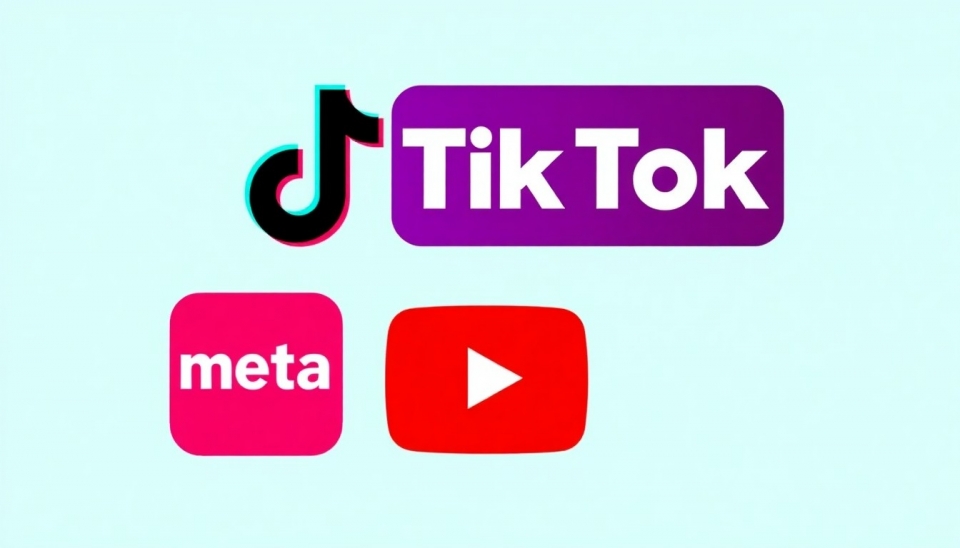
Meta, the social media giant formerly known as Facebook, presses on with its ten-year effort to make virtual reality mainstream with its Quest headsets. For all the improvements, state-of-the-art technology, and billions that have been invested in it, VR is still a long way from the mass market. And within the tech industry, there are still questions of when-or if-VR will ever reach the mainstream success of Meta's vision.
The ambitious VR project at Meta was supposed to revolutionize how we interact with digital content, making seamless virtual experiences a common element of life. When, in 2014, Facebook bought Oculus VR-a maker of VR headsets-for $2 billion, this deal marked the seal of approval that catapulted VR into the mainstream. But roughly a decade later, VR has not become the ubiquitous household item that the smartphone or even smartwatch has.
The Quest 3 is the latest from the company iteration in the Quest line, featuring improved graphics, better processing power, and increased comfort. But it continues to face the same adoption challenges as its predecessors. Price has long been one of the perennial barriers, with headsets often costing several hundreds of dollars. It's a luxury rather than something a consumer needs or buys on impulse.
Beyond that, Meta has labored hard to ensure a deep ecosystem of apps and experiences using the immersive powers of VR. The Horizon Worlds metaverse platform will especially center users around the capability to interact, create elaborately prepared virtual spaces, socialize, play games, and conduct businesses. Despite all these efforts, they have not really caused an earthquake in user behavior-like smartphones or internet services have managed to pull off.
Still, perhaps the most avid adopters are game players. Games like "Beat Saber" and "Vader Immortal" have found very dedicated audiences, and even there, the penetration rates of VR are nowhere near where they are for console or PC gaming.
Another target demographic for Meta includes business users. Since the pandemic fueled the movement of a lot of work remote, the company has been marketing VR as a way to hold virtual meetings, train, and work on collaborative projects. Despite these use cases, many businesses are still skeptical: frequently, they say there's a steep learning curve and logistical complications with fitting VR into workflows.
It also competes fiercely with other technology giants like Apple and Google, which are forging their own paths into the AR and VR markets with different strategies and varying degrees of success. The result of this technological tussle could have far-reaching implications on who will lead the charge into the metaverse.
In all, the pursuit of Meta for mainstream VR adoption in the last decade underlines not only its commitment to innovation but also the significant hurdles this technology faces. While the future of VR may still remain uncertain, the relentless drive by Meta suggests that they are in it for the long haul, ready to iterate and improve on their vision until it clicks with the broader public.
#Meta #QuestVR #VirtualReality #TechNews #Metaverse #VRHeadsets #HorizonWorlds #FutureOfTech #Oculus
Author: Emily Collins




